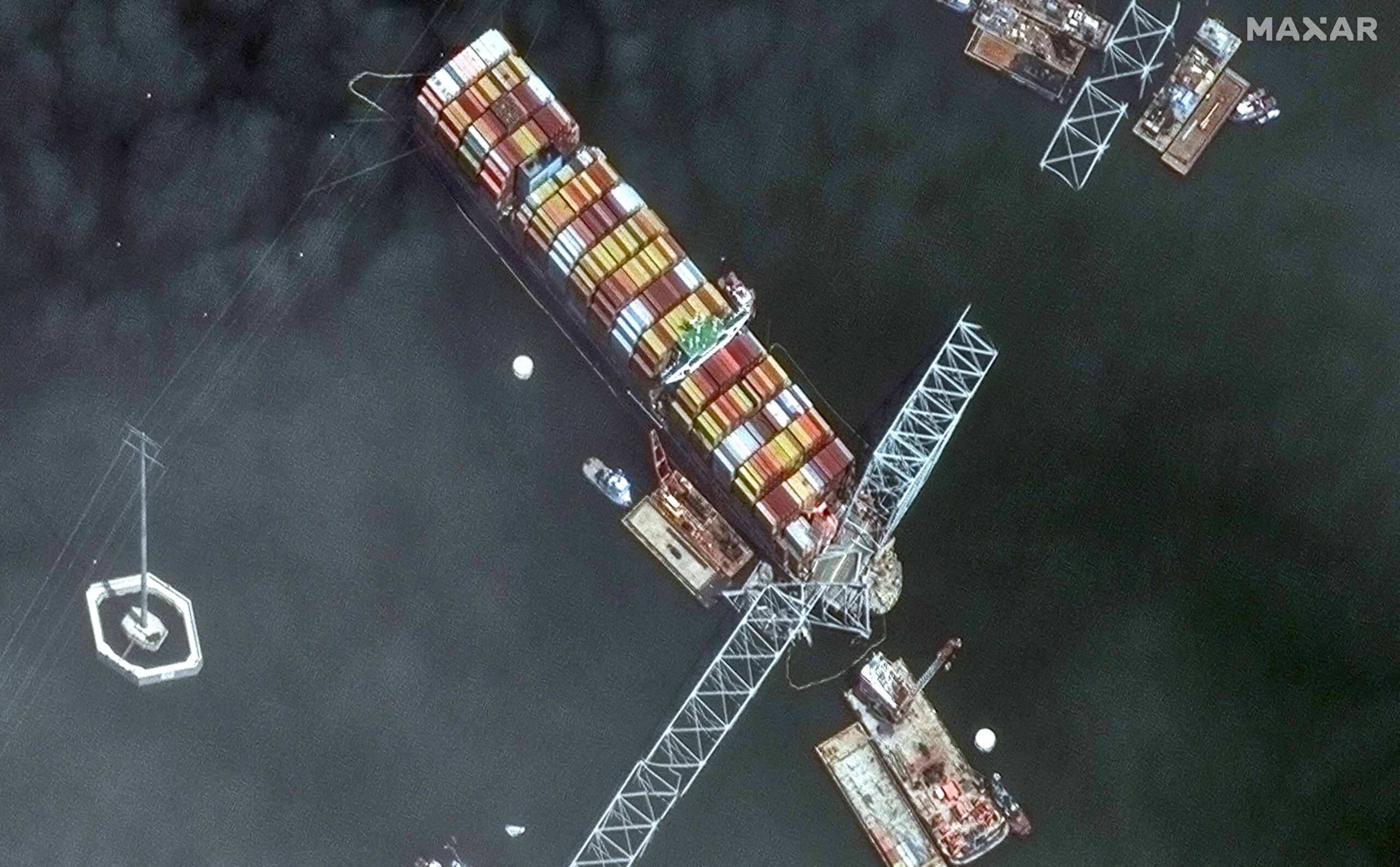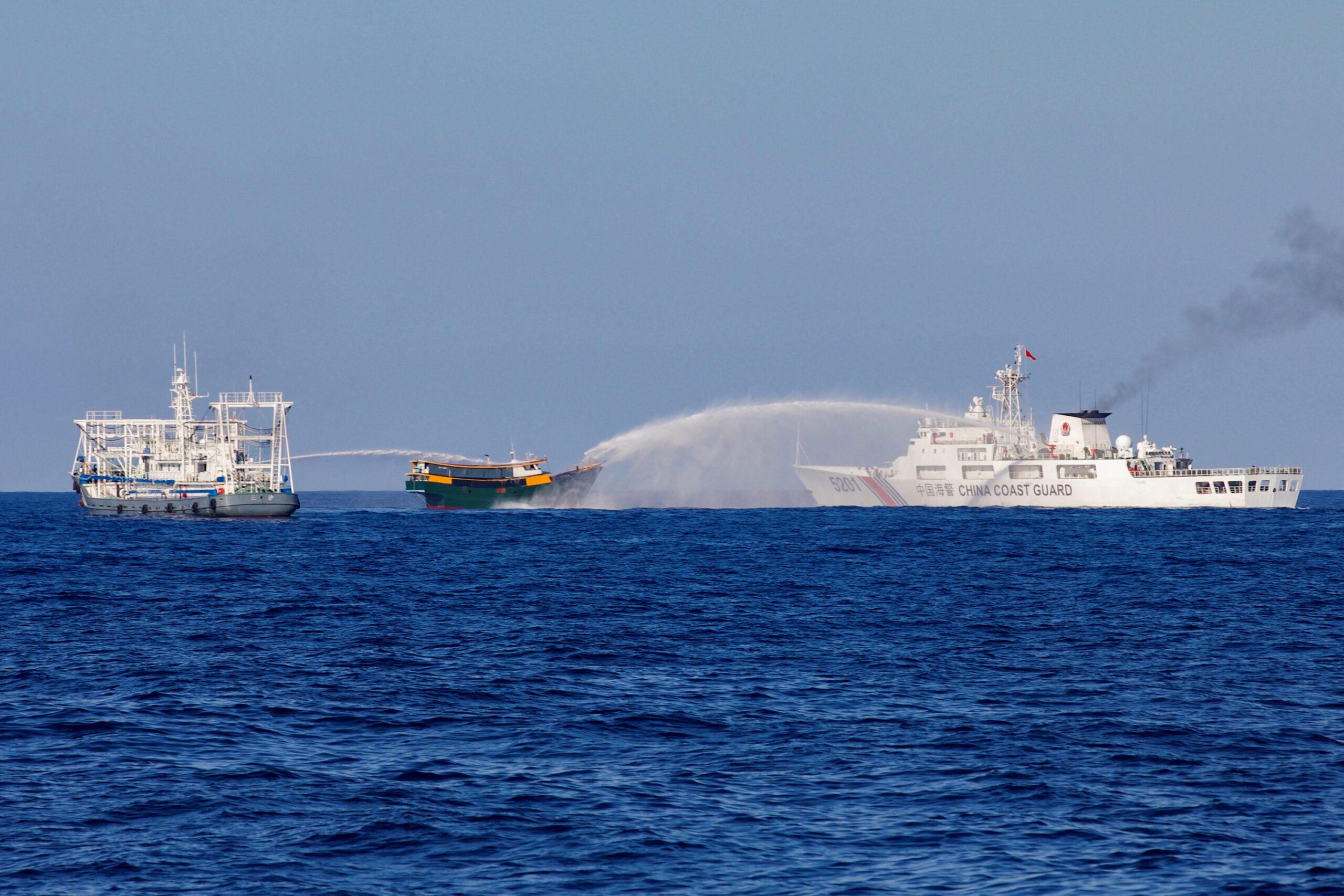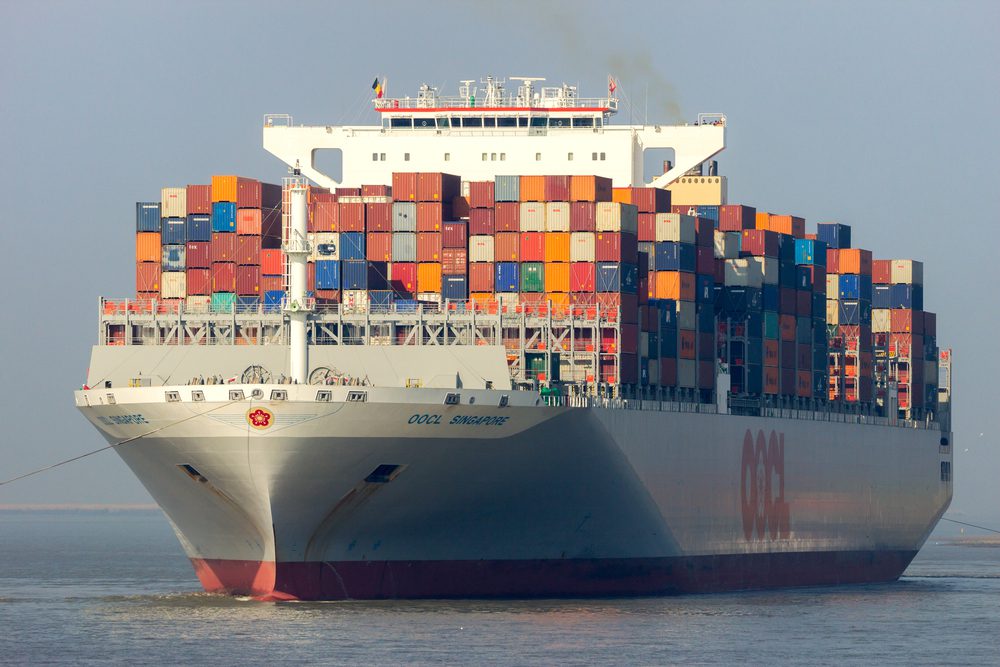Case Name: Jameson Cooper v Meridian Yachts, LTD, et al.
Date Decided : July 21, 2009
Court: United States Court of Appeals, Eleventh Circuit
Judge: Judge Trager
Citation: 2009 WL 2146388 (C.A.11 (Fla.))
Background: Following settlement of maritime tort action brought by vessel’s captain, Jameson Cooper (“Cooper”) for injuries allegedly sustained due to defect design, construction or installation of food lift on ship, vessel owner, vessel itself, vessel’s manager, and injured captain’s maritime employer all filed amended third-party complaint seeking to recover from ship’s builder and designer and US company involved in venture with builder to do business in the US.
Third-party defendant’s motion for summary judgment was granted, dismissing third-party plaintiffs’ claims as barred by Dutch ten-year statute of repose, and the third-party plaintiffs appealed.
Issue:
Will the defendants’ motion for summary judgment be overruled on appeal?
Held:
The broad choice-of-law provision in the contract for construction of the ship, stating “all disputes arising out of or in connection with” contract would be governed by Dutch law, required application of Dutch law to third-party claims asserted by the owner of the ship against the ship builder and designer.
The clause in the contract that clearly and unequivocally purported to relieve ship builder of liability for any loss or damage directly arising from defectiveness or deficiency of any part of ship, except if resulting from intentional conduct or gross negligence of ship builder or its servants, was enforceable under Florida law.
The clause could be invoked by ship designer which, though a non-signatory to construction contract, was subcontractor of ship builder.
Ship’s manager and maritime employer of captain who was injured due to purported defect in design, construction and installation of food life on vessel, not being parties to contract for construction of ship, were not bound by choice-of-law provision.
Indemnity and contribution claims asserted by vessel itself, vessel’s manager, and by maritime employer of injured captain and contribution claims, to extent sounding in strict liability and asserted against builder or designer, were barred by Dutch ten year statute of repose.
Finally, the Court held that the indemnity and contribution claims asserted against the United States company involved in venture with ship builder, which they carried on business in the US, were governed by federal maritime law and not bound by the Dutch ten year statute of repose.
Comments:
Central to this complex case was a choice of law provision in a ship construction contract. It is possible for example, that a choice of law provision requiring adjudication under US law, may be governed by English law in seeking its enforceability. That is, to determine whether the provision is enforceable it may be necessary to analyze it under a different source of law.
However, provisions like the one here will only govern the disputes arising out of the contract. A choice of law provision, that relates only to the agreement, will not encompass related tort claims.
Steve Gordon
http://www.offshoreinjuries.com
Unlock Exclusive Insights Today!
Join the gCaptain Club for curated content, insider opinions, and vibrant community discussions.

 Join The Club
Join The Club












